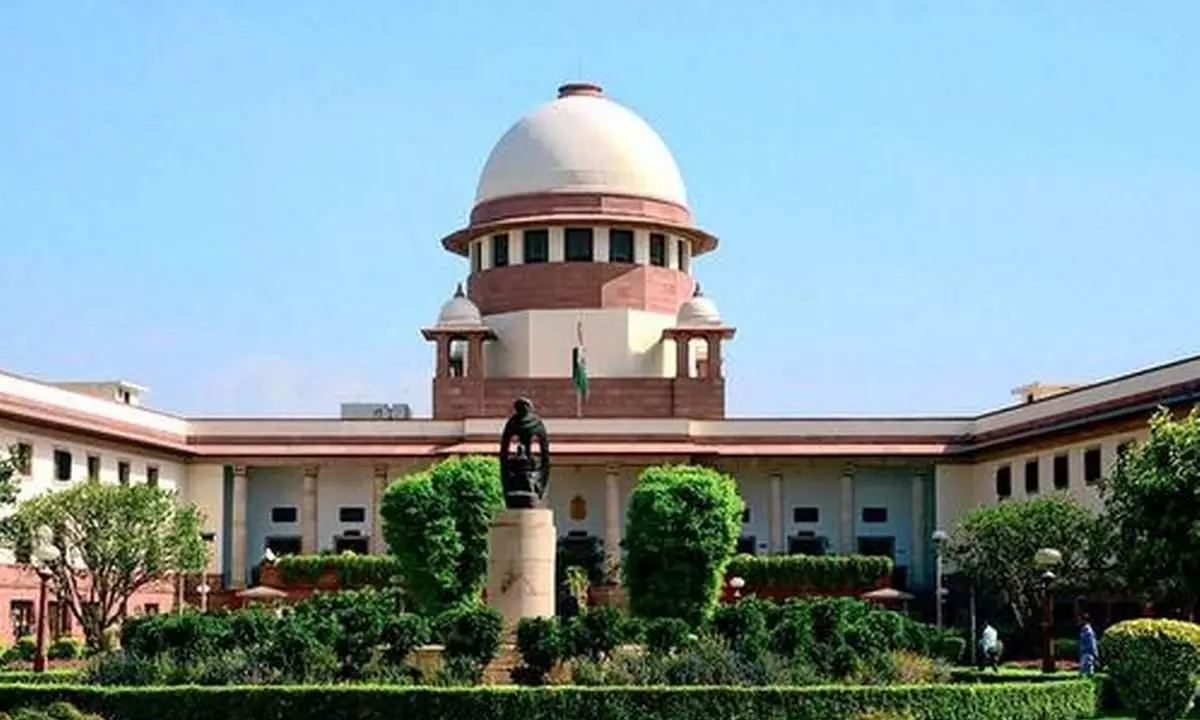
"We should trust high courts": SC refuses to entertain plea to clear Singhu border
text_fieldsNew Delhi: The Supreme Court on Monday refused to entertain a plea seeking directions to clear the roads connecting Delhi and Haryana at the Singhu border, saying the matter should be heard by the concerned high court.
The plea filed by residents of Sonepat in Haryana claimed the road blockade by farmer groups protesting against the three farm laws poses a hurdle to travel for essential needs.
A bench comprising justices D.Y. Chandrachud, Vikram Nath and Hima Kohli noted the invitation to interfere in the matter was tempting, but there are high courts, which can deal with the local issues. The bench observed, "We should trust high courts".
"Suppose tomorrow there is a border dispute between Karnataka and Kerala or some other states. There will be no end to this", said the bench. It further added, "There is no gross violation of fundamental right. Let us (Supreme Court) not be the court of first recourse".
The petitioners had moved the apex court raising hurdles while travelling to and from Delhi, particularly for essential needs. The top court said the present matter should be heard by the concerned high court, as it would be more aware of the local conditions. The bench told the petitioners counsel that it can permit to withdraw the plea and move the high court and added, the matter does not involve gross violation of fundamental rights.
The bench further added, "Why don't you approach the high court being resident of Sonepat? Why are these petitions filed here for publicity? There is no need for us to intervene when High Courts are well versed with the local conditions and what is happening".
Advocate Abhimanyu Bhandari, representing the petitioners, contended before the bench that Singhu Border is the "umbilical cord" for the people travelling from Haryana to Delhi.
The bench emphasized that the petitioners should move the high court, which deals with maintaining a balance with freedom to protest and the freedom to access basic amenities.
The petitioners then sought liberty to approach the high court to which the bench replied, "Why should we direct the high court to hear? It is a human issue; the high court will deal with it the best way".
The petitioner's counsel, citing the earlier order of the top court, argued that the court had stated that interstate roads and national roads are not blocked, and Union and states should see to this. However, this line of argument could not convince the top court and the council withdrew the plea.























